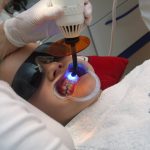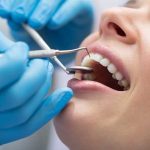When to Take Edibles After Wisdom Teeth Removal: A Comprehensive Guide
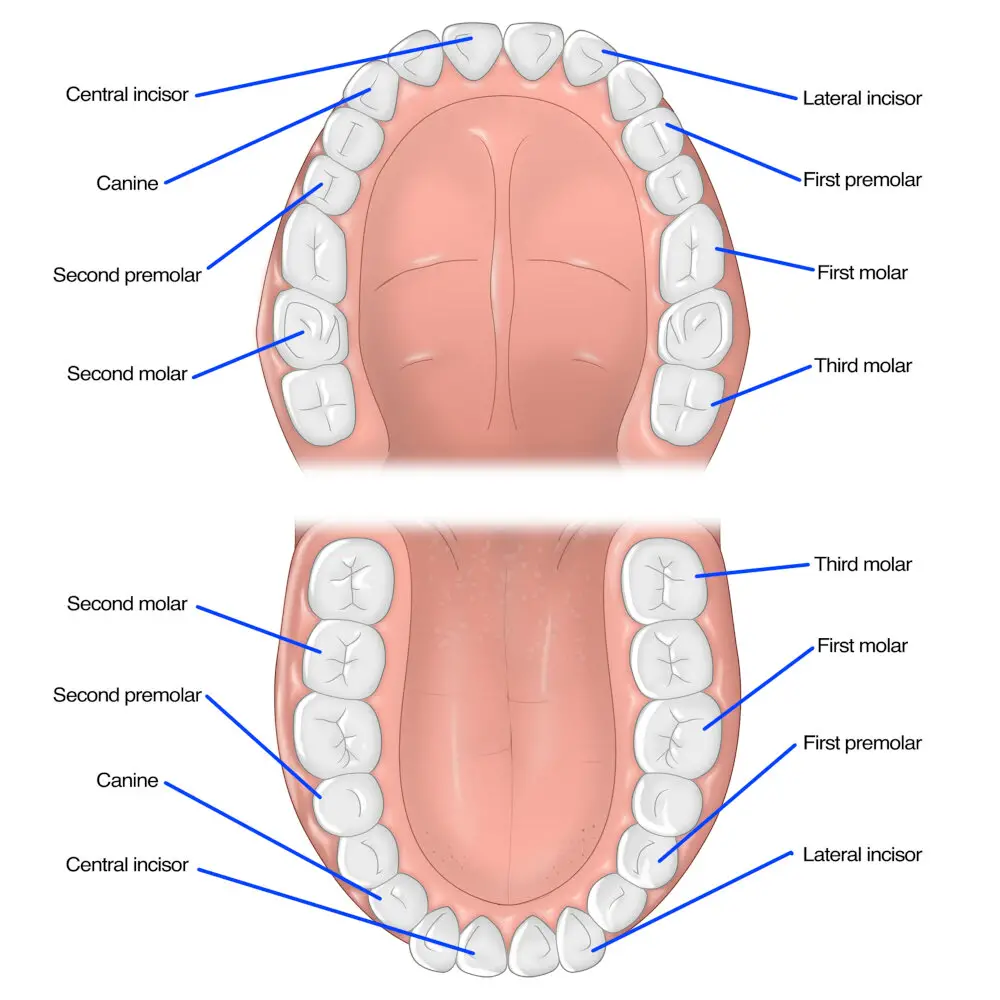
Wisdom teeth removal is a common dental procedure that many people undergo at some point in their lives. It involves the extraction of one or more wisdom teeth, which are the molars located at the back of the mouth. While the procedure itself may be relatively straightforward, the recovery process can be a bit more complicated. Patients are often advised to avoid certain foods and activities while they heal, and this includes the consumption of edibles. Edibles are a popular way to consume cannabis, and they come in a variety of forms such as gummies, chocolates, and baked goods. Many people turn to edibles as a way to manage pain and discomfort after surgery, but it’s important to know when it’s safe to take them. In this comprehensive guide, we’ll explore when it’s okay to take edibles after wisdom teeth removal, what types of edibles are best, and how to manage any potential side effects. Whether you’re a seasoned edibles user or trying them for the first time, this guide will provide you with all the information you need to make an informed decision about when to take them.
The wisdom teeth removal process involves several steps. First, the dentist or oral surgeon will administer anesthesia to numb the area around the teeth. Once the area is numb, the dentist will make an incision in the gum tissue to expose the tooth and bone. The tooth may need to be divided into smaller pieces to make it easier to remove. After the tooth is removed, the dentist will clean the socket and may place stitches to help the gums heal. Patients are typically given instructions on how to care for the extraction site and manage any discomfort or swelling. It is important to follow these instructions carefully to ensure proper healing and avoid complications.
Postoperative care is a crucial aspect of any surgical procedure, including wisdom teeth removal surgery. Proper postoperative care can help reduce the risk of complications, promote faster healing, and reduce discomfort. After wisdom teeth removal, it is essential to follow the dentist’s instructions carefully, which may include taking prescribed medications, avoiding certain foods, and keeping the surgical area clean. Neglecting postoperative care can lead to infections, bleeding, or other complications which may prolong the healing process and require further medical attention. Therefore, patients should give equal importance to postoperative care as to the actual surgery to ensure a smooth recovery process.
The article, \When to Take Edibles After Wisdom Teeth Removal: A Comprehensive Guide,\ serves as a valuable resource for individuals who are considering using edibles as a means of pain relief after undergoing wisdom teeth removal. The purpose of the article is to provide readers with a thorough understanding of the benefits and risks associated with using edibles, as well as practical advice on how to safely and effectively incorporate them into their post-surgery recovery plan. Through detailed explanations and expert insights, the article aims to empower readers with the knowledge they need to make informed decisions about their pain management options and achieve a faster, more comfortable recovery.
What are Edibles?
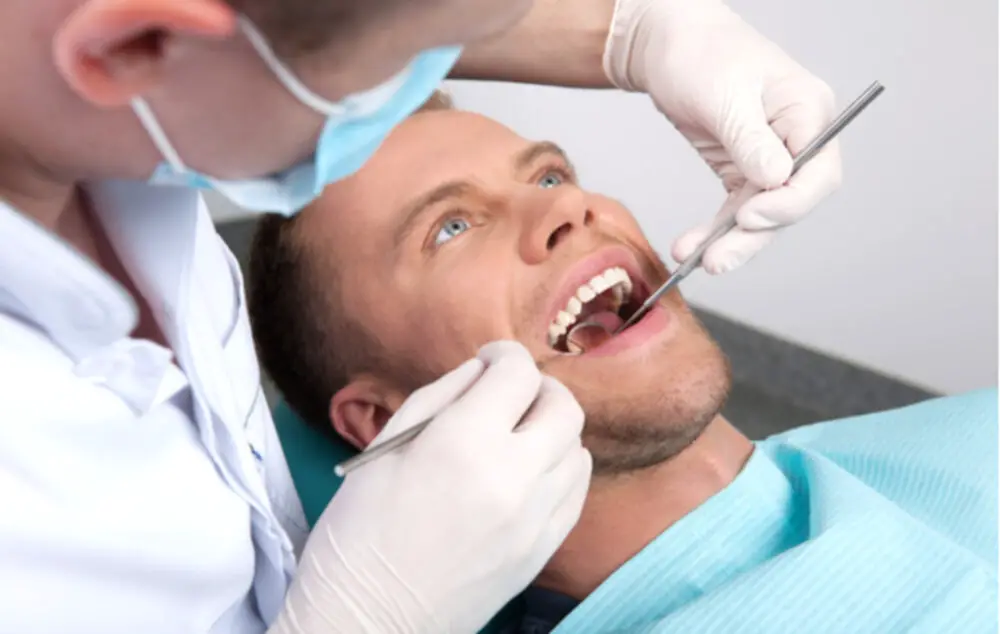
Edibles are a type of cannabis product that is consumed orally, usually in the form of food or drink. They are made by infusing cannabis extracts into edible substances, such as baked goods, candies, or beverages. Edibles are known for their potency, long-lasting effects, and discreet consumption method, which makes them a popular choice among cannabis users. One of the main benefits of edibles is their ability to provide a more intense and prolonged high compared to other cannabis products. When ingested, THC, the psychoactive compound in cannabis, is metabolized in the liver, which converts it into 11-hydroxy-THC. This compound is more potent than THC and can produce a more intense and long-lasting high. However, the effects of edibles can take longer to kick in, usually between 30 minutes to 2 hours, and can last up to 8 hours or more, which is why it is important to start with a low dose and wait for the effects to set in before consuming more.
Edibles refer to food items that contain cannabis extracts or derivatives such as THC or CBD. Common edibles include gummies, chocolates, brownies, and beverages. They are popular among cannabis users as they offer a discreet and convenient way to consume cannabis without the need for smoking or vaping. However, it is important to note that edibles have a delayed onset time and can take up to several hours to take effect. This is because they need to be digested and metabolized by the liver before the cannabinoids can enter the bloodstream and reach the brain. As such, it is important to exercise caution when consuming edibles and to start with a low dose until you are familiar with its effects.
Edibles are a popular method of consuming cannabis, offering a discreet and convenient way to enjoy the effects of THC. There are several types of edibles available, including baked goods, gummies, chocolates, and tinctures. Baked goods are a classic choice, with options ranging from brownies and cookies to muffins and cakes. Gummies come in a variety of flavors and shapes, making them a fun and tasty option for those who prefer something chewy. Chocolates are another delicious choice, with dark, milk, and white chocolate options available infused with THC. Tinctures are a liquid form of cannabis that can be added to food or drinks, making them a versatile and customizable option for those who prefer to control their dosage. Regardless of the type of edible chosen, it is important to consume them responsibly and in moderation.
When consuming edibles, the effects on the body can vary greatly and depend on several factors, including dosage, individual metabolism, and the type of edible. Edibles are processed differently by the body than other forms of marijuana, as they are metabolized by the liver and converted into a more potent form of THC. This can lead to a delayed onset of effects, which can take anywhere from 30 minutes to 2 hours to kick in. When they do take effect, edibles can produce intense psychoactive effects and physical sensations such as relaxation, euphoria, altered perception, and increased appetite. However, it’s important to note that consuming too much can result in unpleasant side effects such as anxiety, paranoia, and nausea.
Edibles are a great alternative for pain management after a wisdom teeth removal surgery. Unlike other painkillers, edibles are known for their long-lasting effects, which means that the patient can enjoy relief from pain for a more extended period. They are also a discreet and convenient way to manage pain as they are easy to consume and do not require any special preparation. Moreover, edibles are available in a variety of flavors, dosages, and forms, making it easy for the patient to choose one that suits their preferences and needs. Additionally, edibles are a great option for patients who are hesitant to take traditional painkillers due to their potential side effects or adverse reactions. Overall, edibles provide an effective and efficient way to manage pain after wisdom teeth removal surgery without any risk of addiction or dependency.
When to Take Edibles After Wisdom Teeth Removal
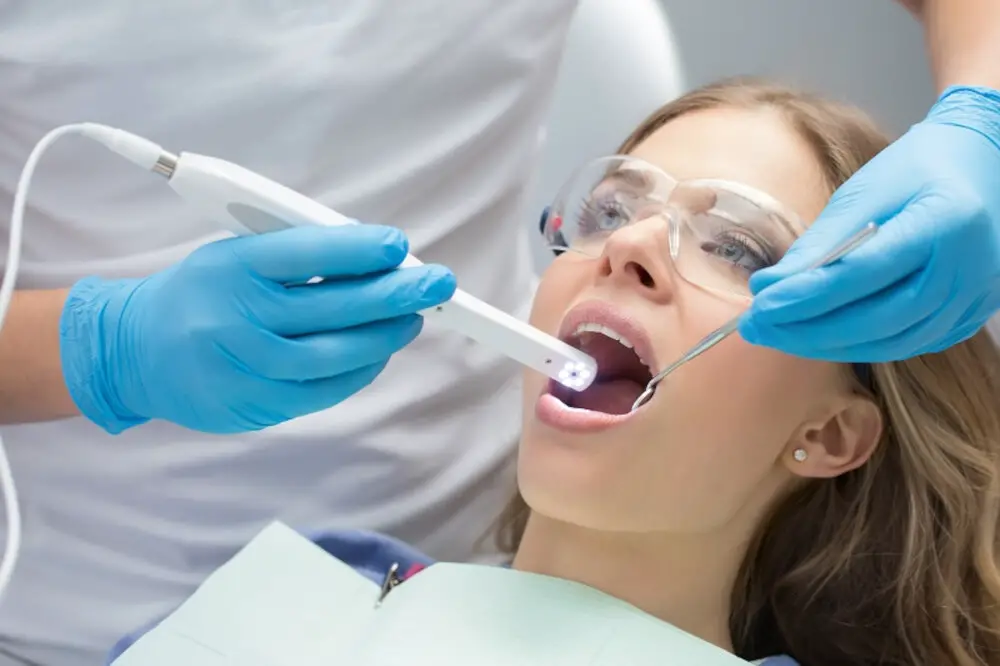
Wisdom teeth removal is a common procedure that often requires pain management in the form of medication. While opioids are often prescribed, some people may prefer to use edibles as a pain management alternative. However, it is important to be mindful of when to take edibles after wisdom teeth removal. Generally, edibles should only be taken after the first day of recovery when the swelling and pain have subsided to a certain extent. It is essential to avoid consuming edibles immediately after the procedure as the body may not be able to handle the effects of the drug while recovering from the surgery. Moreover, edibles can cause dry mouth, which can make it difficult to maintain good oral hygiene during the recovery period. It is crucial to consult with your dentist or oral surgeon before taking edibles after wisdom teeth removal. They can advise you on the appropriate dosage and frequency to help manage your pain and ensure that you are not at risk of any complications. Furthermore, it is important to follow the instructions on the edible packaging and be mindful of any potential side effects that may arise. It is essential to be patient and take it slow when consuming edibles, as they often take longer to take effect than other forms of pain medication. Ultimately, taking edibles after wisdom teeth removal can be a viable option for pain management, but it is essential to take the necessary precautions and consult with a healthcare professional before doing so.
When considering taking edibles after wisdom teeth removal, there are several important factors to keep in mind. Firstly, it is crucial to wait until the effects of the anesthesia and pain medication have worn off before consuming any edibles. This is because the combination of these medications and THC can cause dizziness, nausea, and other unpleasant side effects. Additionally, it is important to start with a low dose and gradually increase as needed, as the body may be more sensitive to edibles during the post-surgery recovery period. It is also recommended to choose edibles with easily digestible ingredients and to avoid hard or crunchy snacks that may irritate the extraction site. Finally, it is important to stay hydrated and to avoid smoking or vaping, as these actions can impede the healing process. By keeping these factors in mind, individuals can safely and effectively use edibles to manage pain and discomfort after wisdom teeth removal.
When it comes to taking edibles after wisdom teeth removal, it’s important to follow a recommended timeline to avoid any negative side effects. Typically, it’s advised to wait at least 48 hours after the surgery before consuming any edibles. During this time, it’s important to focus on hydrating, eating soft foods, and allowing your body to recover. After the 48-hour mark, you can slowly introduce edibles into your diet, starting with small doses and gradually increasing as needed. It’s important to keep in mind that everyone’s tolerance and recovery time may vary, so it’s best to listen to your body and consult with your dental professional before consuming any edibles.
Dosage guidelines for edibles are essential to ensure the safe and effective use of cannabis-infused products. It is important to start with a low dose and gradually increase it until the desired effect is achieved. The recommended starting dose for beginners is 5-10 milligrams of THC, and it is advisable to wait at least 2 hours before taking another dose. It is also essential to be aware of the potency of the edibles, as they can vary greatly in strength. It is recommended to choose edibles that are labeled with the potency and to calculate the serving size based on the recommended dosage. Additionally, it is crucial to keep edibles out of reach of children and to store them in a cool, dry place to maintain their potency and freshness.
For a safe and effective use of edibles, it’s crucial to start with a low dose and gradually increase it, as the effects can take between 30 minutes to two hours to kick in. It’s important to read the label and understand the potency of the edible to avoid taking too much and experiencing unwanted side effects. Consuming edibles on an empty stomach can also increase the intensity of the effects, so it’s recommended to eat a light meal before consuming them. Additionally, it’s crucial to store edibles in a secure and childproof container, away from children and pets. Finally, it’s important to remember that edibles can have a long-lasting effect, so it’s best to avoid driving or operating heavy machinery while under their influence.
Alternative Pain Management Options
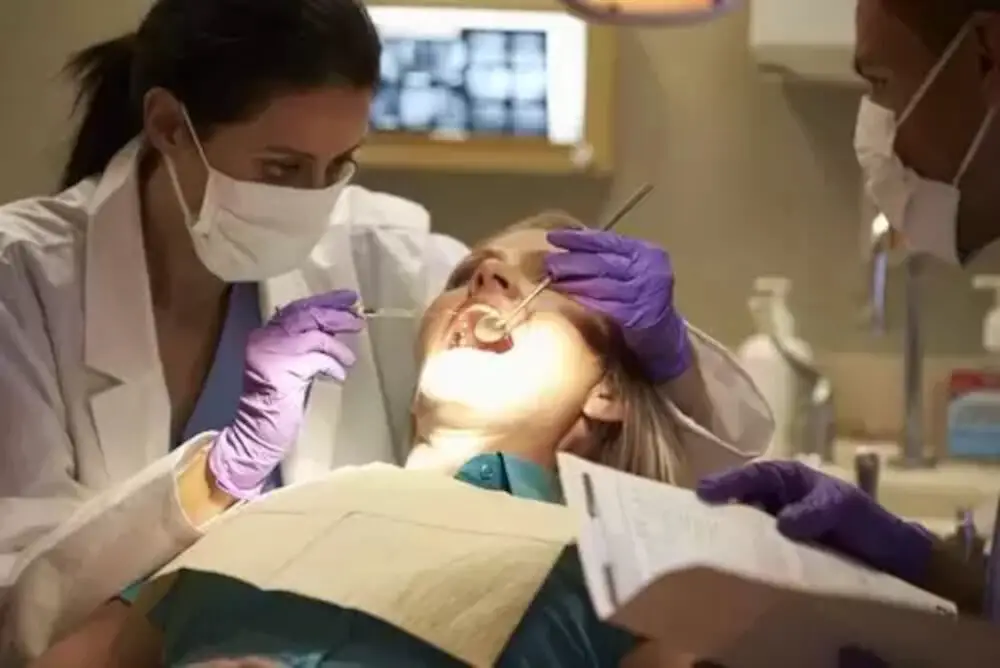
Alternative pain management options have become increasingly popular in recent years, particularly for individuals who are looking to avoid traditional pharmaceuticals. One of the most effective alternatives is cannabis, which is known for its pain-relieving properties. In particular, edibles have become a popular choice for many people who are looking to manage pain after wisdom teeth removal. Unlike smoking or vaping, edibles provide a slow and steady release of cannabinoids, which can help to reduce pain and inflammation over a longer period of time. Moreover, edibles are discreet and easy to consume, making them a convenient option for people who are recovering from surgery. Another alternative pain management option is acupuncture, which is an ancient Chinese practice that has been used for thousands of years to treat a variety of conditions, including pain. Acupuncture involves the insertion of thin needles into specific points on the body, which are believed to stimulate the nervous system and release natural painkillers. Research has shown that acupuncture can be an effective treatment for a range of pain conditions, including dental pain. Moreover, acupuncture is safe and has few side effects, making it a popular choice for people who want to avoid pharmaceuticals. If you are considering acupuncture as a pain management option after wisdom teeth removal, it is important to find a qualified practitioner who has experience working with dental patients.
In addition to edibles, there are several other pain management options available after wisdom teeth removal. Over-the-counter pain relievers such as acetaminophen and ibuprofen can be effective in reducing pain and swelling. Prescription pain medications, such as opioids, may also be prescribed by your dentist or oral surgeon if the pain is severe. Ice packs applied to the affected area can also help reduce swelling and numb the pain. Additionally, rinsing your mouth with warm salt water can help soothe the gums and promote healing. It’s important to discuss all pain management options with your dental professional and follow their instructions carefully to ensure a smooth recovery.
Edibles can be a great alternative to traditional pain management options like prescription medication or over-the-counter pain relievers. Unlike medication, edibles are all-natural and don’t come with the risk of addiction or adverse side effects. Additionally, edibles provide a longer-lasting pain relief experience compared to other pain management options. While medication typically only provides pain relief for a few hours, edibles can provide relief for up to 8 hours depending on the dosage and individual’s metabolism. Edibles also offer a discreet and convenient way to manage pain without the need to constantly take pills or liquids. Overall, edibles can be a safe and effective option for pain management after wisdom teeth removal.
When it comes to taking edibles after wisdom teeth removal, there are both pros and cons to consider. On the one hand, edibles can provide pain relief without the need for opioids, which can be addictive and have unpleasant side effects. Additionally, edibles may be easier to consume than other forms of medication, as they don’t require chewing or swallowing. However, there are also potential drawbacks to taking edibles after wisdom teeth removal. For example, edibles can take longer to take effect than other forms of medication, which may not provide immediate relief to patients in severe pain. Additionally, edibles may cause nausea or other digestive issues in some patients, which can be uncomfortable and interfere with the healing process. Ultimately, the decision of whether or not to take edibles after wisdom teeth removal will depend on a variety of factors, including the patient’s individual needs and preferences, as well as the advice of their dentist or medical provider.
The article titled \When to Take Edibles After Wisdom Teeth Removal: A Comprehensive Guide\ provides valuable information on the safe and effective use of edibles following a wisdom teeth removal surgery. Some of the key takeaways from the article include the importance of waiting at least 24 hours before consuming edibles, the need to start with a low dosage and gradually increase it, and the potential risks associated with consuming edibles too soon after surgery. The article also highlights the benefits of edibles, such as their longer-lasting effects and the ability to avoid smoking or vaping. Overall, the article serves as a helpful guide for individuals who are considering using edibles to manage pain and discomfort following a wisdom teeth removal procedure.
In conclusion, edibles can be a useful tool for pain management after wisdom teeth removal. However, it is important to wait until the effects of anesthesia have worn off and to start with a low dose to gauge individual tolerance levels. It is also crucial to choose edibles with precise dosages and to be mindful of potential side effects such as dizziness or nausea. While edibles can provide effective pain relief, they should not be relied upon as the sole method of managing post-operative pain. A comprehensive approach including proper rest, hydration, and medication as prescribed by a healthcare professional should also be implemented. By following these guidelines, patients can safely and effectively use edibles to manage pain and promote a smooth recovery after wisdom teeth removal.
It is crucial to consult with a healthcare professional before taking any type of edibles or other pain management options after wisdom teeth removal. While edibles may seem like a convenient and tasty option for managing post-operative pain, they can have varying effects on different individuals. Healthcare professionals can provide guidance on dosage, potential interactions with other medications, and any potential side effects that could occur. They can also discuss alternative pain management options that may be more appropriate for individual needs. Consulting with a healthcare professional can help ensure safe and effective pain management and promote a speedy recovery after wisdom teeth removal.
Conclusion
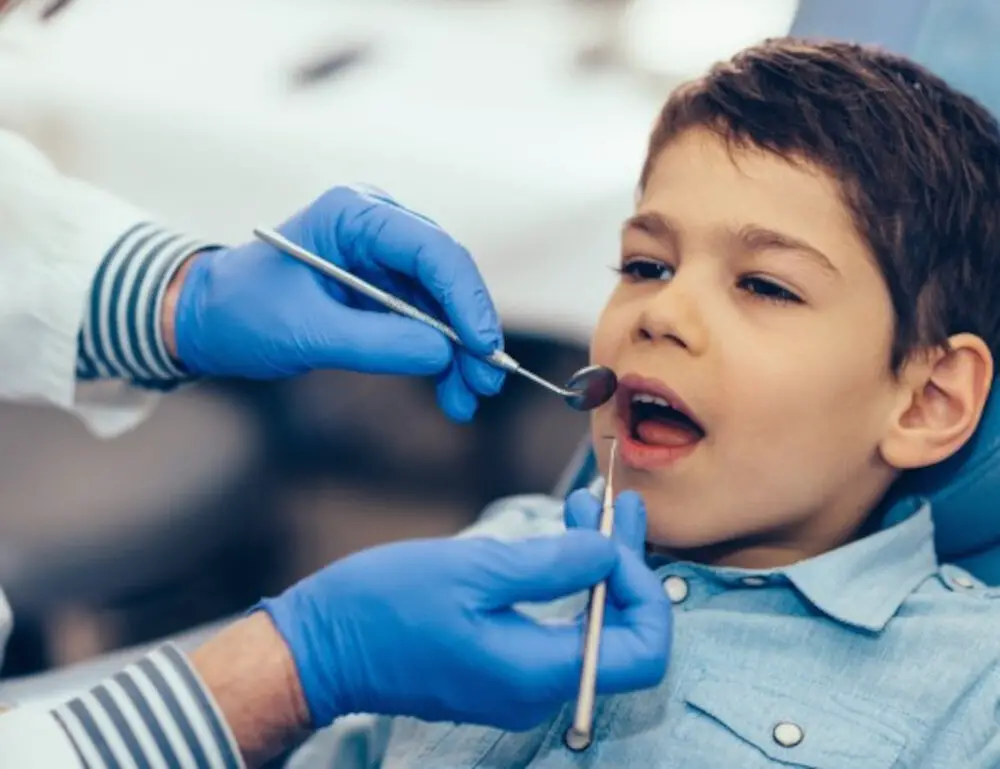
In conclusion, taking edibles after wisdom teeth removal can be a viable option for managing pain and discomfort. However, it is important to keep in mind the timing and dosing of edibles to ensure that they are effective and do not interfere with the healing process. It is advisable to consult with a healthcare professional before consuming edibles, especially if you have any underlying medical conditions or are taking other medications. Additionally, it is crucial to follow post-operative instructions provided by your dentist or oral surgeon to ensure a smooth and successful recovery. With proper care and attention, you can navigate the post-operative period and enjoy the benefits of edibles without compromising your oral health.
